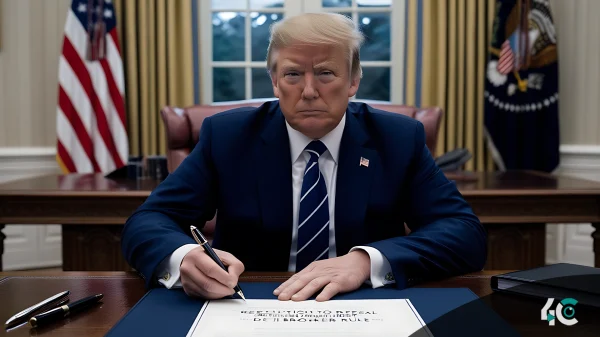India has kept a tight posture on cryptocurrencies, levying heavy taxes and rigid rules meant to deter trading of digital assets. The government is now reevaluating its strategy, though, as worldwide adoption rises to make sure it does not lag behind in the financial industry’s change.
Recently acknowledging the transnational character of digital assets, Economic Affairs Secretary Ajay Seth said that India understands it must change its legal structure. The assessment comes as some big economies, notably the United States and European Union, have made great progress in defining clear crypto rules. This change has spurred rumors that India would follow suit in order to fit world patterns.
Along with a 1% tax deducted at source (TDS) on transactions, the Indian government levies a 30% tax on crypto earnings now independent of the investment duration. To further manage the industry, a new rule imposing fines of up to 70% on hidden crypto income was lately implemented. Legal and financial professionals who contend that these laws impede creativity and encourage crypto activity underground have attacked these rules.
India has aggressively sought the creation of a central bank digital currency (CBDC) even if it has a strong posture on distributed digital assets. Reinforcing the government’s inclination for state-owned financial solutions, former Reserve Bank of India (RBI) Governor Shaktikanta Das hailed CBDCs as the future of money. The RBI is also developing a cross-border payment system, maybe including CBDCs for foreign settlements.
India has opposed the general acceptance of cryptocurrencies, although future decisions may be influenced by the changing worldwide legal scene. Should big economies keep embracing cryptocurrencies inside their financial systems, India could have to change its policies to stay competitive. The government’s next actions will be vital in determining the national position in the worldwide crypto market as the digital economy grows.















































